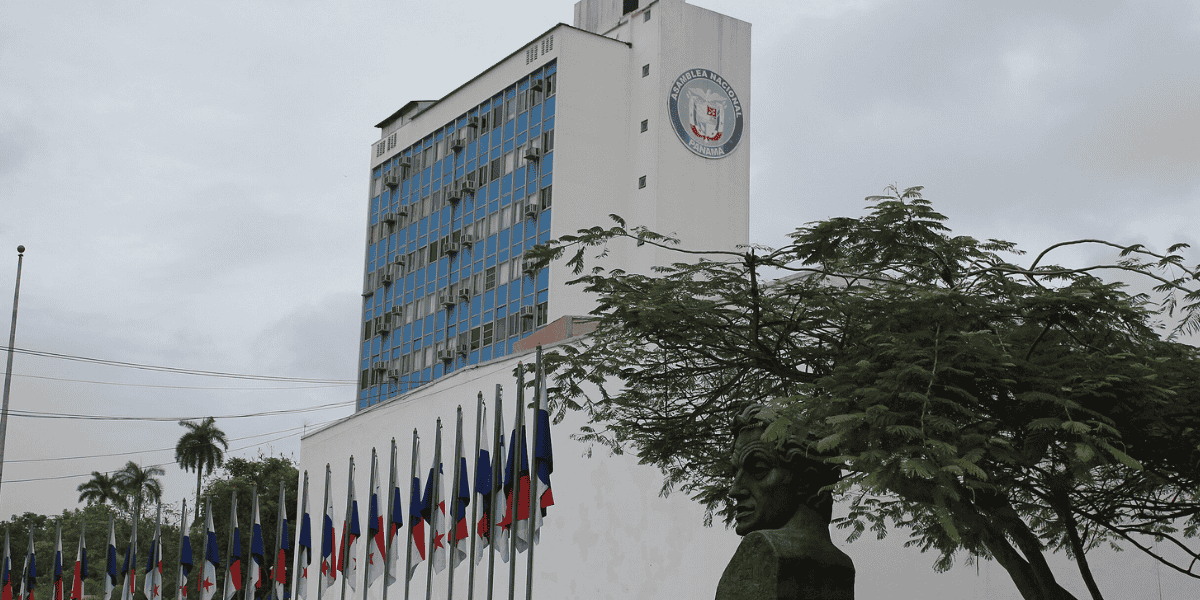The Appellate Body of the World Trade Organization (WTO) provided its report on 14 April 2016, regarding “Argentina – Measures relating to trade in goods and services” case brought by Panama.
In the case concerned, and in relation to Argentina’s obligations under the General Agreement on Trade in Services (GATS), Panama claimed that all eight challenged measures were inconsistent with article II(1) of the GATS, because the measures accorded less favorable treatment to services and service suppliers from non-cooperative countries than that accorded to like services and service suppliers from cooperative countries.
Panama also claimed that some of the measures were inconsistent with Article XVII of the GATS, because the measures accorded less favorable treatment to services and service suppliers from non-cooperative countries than that accorded to like domestic services and service suppliers.
Summary of the case:
On 31 December 2013, General Resolution (AFIP) 3576 was published in the Official Gazette and authorized the publication, on 1 January 2014, of the list of jurisdictions considered to be cooperative for purposes of tax transparency on the tax authority’s website. That list was published in accordance with Executive Power Decree 589/2013. This Decree provided that jurisdictions not included in the list were considered to be non-cooperative for international transparency purposes, which implied the application of specific defensive tax law provisions, some of which were challenged by Panama. In order to be considered cooperative a jurisdiction must have entered into a tax information exchange agreement or a tax treaty with an exchange of information clause, and the exchange of information must be effective.
The measures challenged by Panama include mostly anti-avoidance tax measures applicable to transactions with “non-cooperative” jurisdictions, but also other insurance, anti-money laundering or registry of companies’ regulations. A summary of the challenged anti-avoidance tax measures is set out below.
1) A non-rebuttable presumption that payments made by Argentine residents to creditors located in non-cooperative countries in certain transactions represent a net gain of 100% for the purpose of determining the tax base for income tax, applied pursuant to article 93(c) of the
2) A rebuttable presumption of unjustified increase in wealth applicable to any entry of funds – for the benefit of Argentine taxpayers – from non-cooperative countries in the context of an ex officio determination of the taxable subject matter by the tax administration for the purpose of income tax, applied pursuant to the unnumbered provision added after article 18 of the Tax Procedure Law (presumption of unjustified increase in wealth).
3) The obligation to apply valuation methods based on transfer pricing to transactions between Argentine taxpayers and persons of non-cooperative countries (irrespective of whether they are related or not) for the purpose of determining the tax base for income tax, applied pursuant to article 8(5) and article 15(2) of the Income Tax Law.
4) The allocation of expenditure for transactions between Argentine taxpayers and persons of non-cooperative countries to the fiscal years in which payment for the transactions actually takes place (disallowing the accrual method) for the purpose of determining the tax base for income tax purposes, applied pursuant to the last paragraph of article 18 of the Income Tax Law.
Finally, the Appellate Body overturned the WTO Panel’s conclusion that the challenged measures were inconsistent with the GATS. This consequence equally may be understood as an indirect confirmation that Argentina’s tax defensive measures in relation to tax havens are in accordance with the OECD’s recommendations and international practice.















